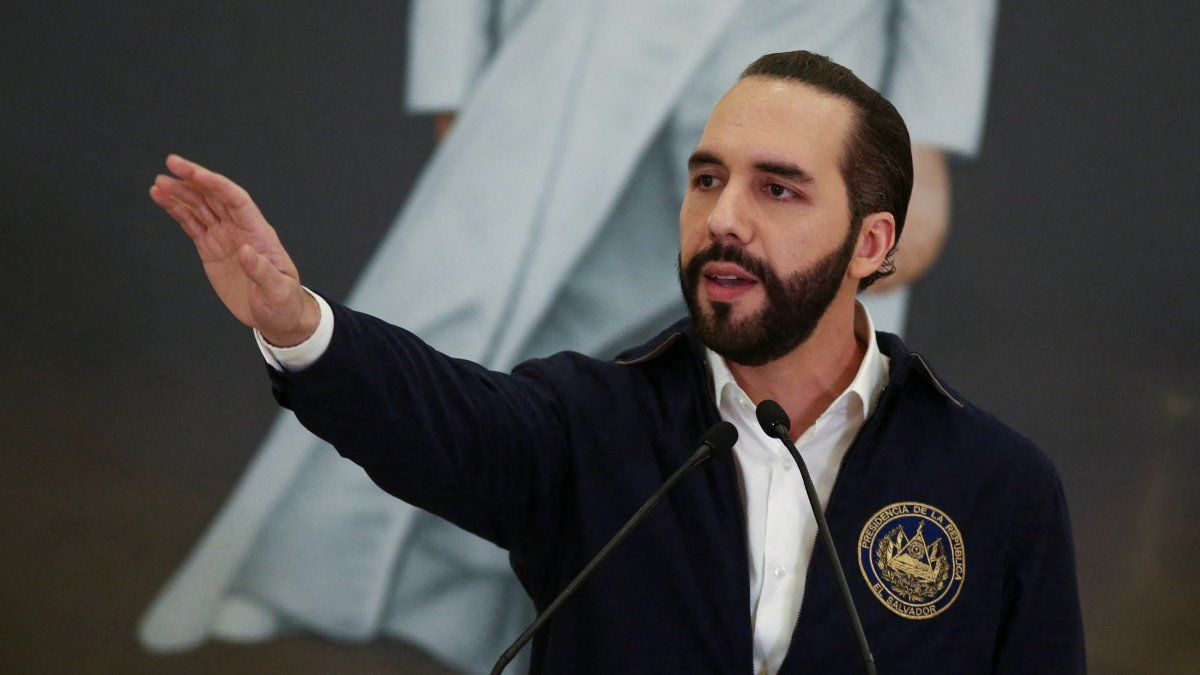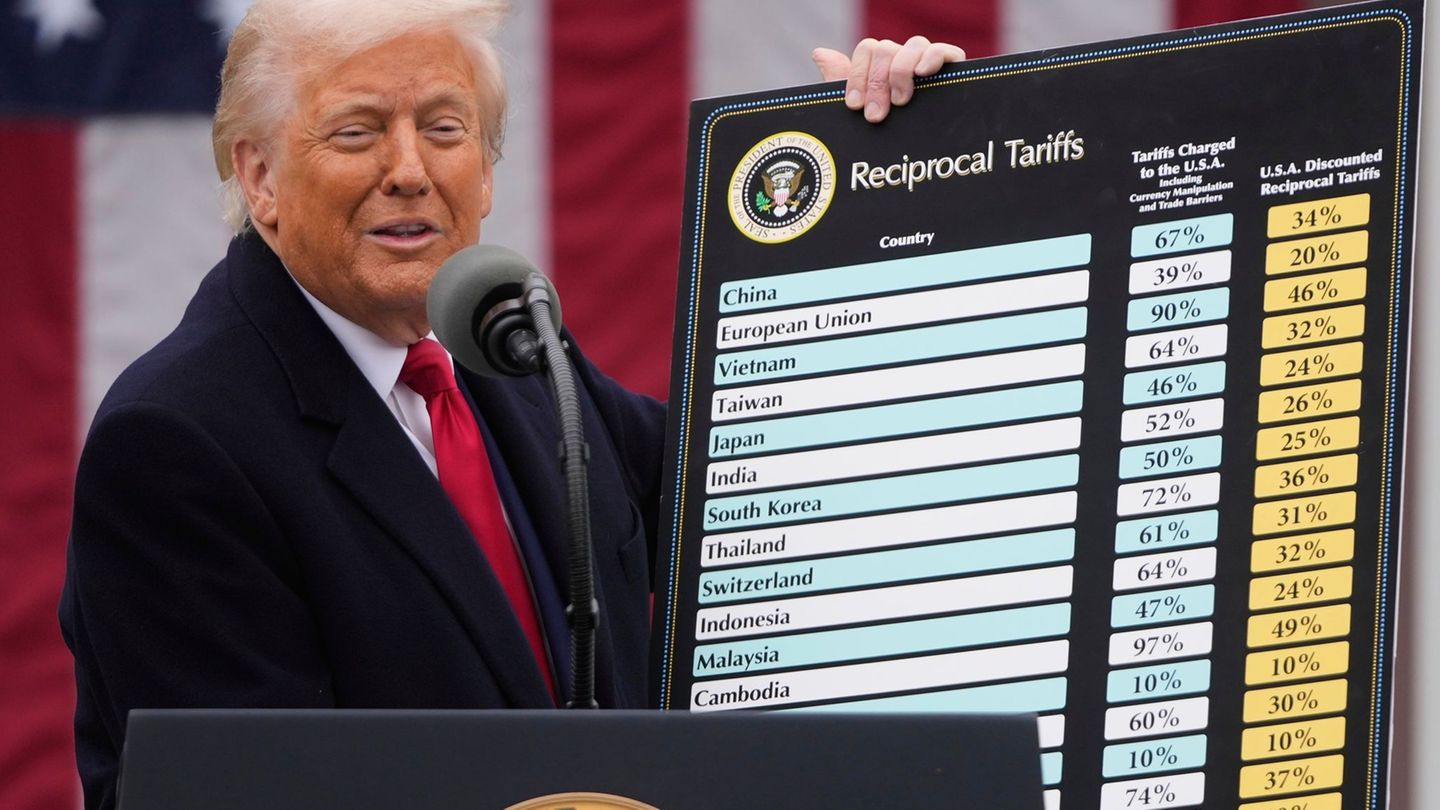As the president of El Salvador, Nayib Bukelethe Salvadoran Congress suppressed state financing to political parties for their electoral campaignsto a measure that was questioned by some sectors of civil society.
The elimination of article 210 of the Magna Carta had 58 votes in favor of the 60s of the Unicameral Congress. It established public financing for political parties “aimed at promoting their freedom and independence.”
The Congress is widely dominated by the political forces adept to Bukele, while the only negative vote It was perpetrated by one of the two opposition deputies of the rightist Nationalist Republican Alliance (Arena). The remaining was a Abstention from the deputy of the conservative party Vamos.
From now on, the legislative measure will now pass to the Executive Power, for its respective sanction and publication in the Official Gazette.
According to a citizen action report, Salvadoran political parties They have received at least US $160.4 million as public and private financing from 2014 to 2023. The NGO report details that US $ 75.6 million dollars corresponded to public financing delivered by the Ministry of Finance, while US $ 84.7 million to private financing, that is, donations of natural or legal persons.
Nayib Bukele’s request
Bukele recently asked the deputies to eliminate that article from the Constitution: “Well, I think the political debt in El Salvador must be eliminated. Political parties can be financed as we are financed in 2019. Difficult? Yes, it was difficult. But wasn’t it better like that? “He had published on his social networks.
Likewise, the president lashed out against the Arena leadership, which ruled the country for 20 years (1989 to 2009), after the opposition alliance published a press release asking the deputies “Vote in favor of maintaining political debt.”
The public financing to which political institutes are entitled, according to the Law of Political Parties and the Constitution of the Republic, is calculated based on the number of votes received by the parties in each election and the respective inflation. The price is established by the Treasury portfolio.
In that sense, Eduardo Escobar, of the NGO Citizen Action, warned: “The elimination of public financing It is another measure to consolidate and maintain a hegemonic or dominant party system. The reform will affect political pluralism, since most parties cannot afford their ordinary functioning, or their electoral campaigns, reducing their possibilities of electoral victory. “
In addition, he added that “it leaves the parties at the mercy of private financiers, who could influence their policies during power exercise or request favors in exchange for such financing.”
For her part, the lawyer and analyst Bessy Ríos described the decision as “A rather hypocritical, comfortable and electoral position” And he said that “it is raw and hard populismsince there is no institutional and legal structure system that allows the parties to be controlled. “
Source: Ambito
I am an author and journalist who has worked in the entertainment industry for over a decade. I currently work as a news editor at a major news website, and my focus is on covering the latest trends in entertainment. I also write occasional pieces for other outlets, and have authored two books about the entertainment industry.




